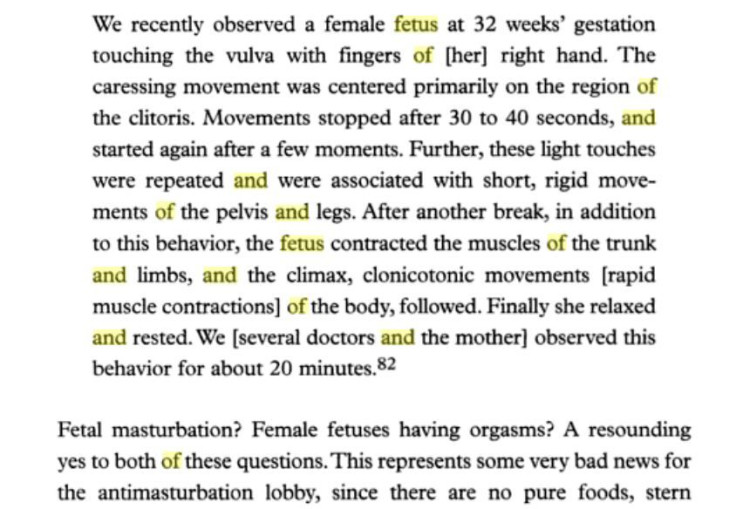Can 15-Week-Old Fetuses Masturbate? Discussions Over Anti-Abortion Bill For Fetuses Older Than 20 Weeks Plunges Deeper [PHOTO & VIDEO]

Following Tuesday's passage of the Pain-Capable Unborn Child Protection Act in the House, and its expected death once it reaches the Senate, a new question has politicians using vocabulary they've likely never used in this context: Do 15-week-old fetuses masturbate?
Texas Congressman Michael Burgess posed the question in roundabout terms during a discussion Monday, regarding the 20-week timeline that supporters of the bill have been advocating. Burgess argued for an even shorter term, of 15 or 16 weeks, before an abortion equates to killing a viable fetus.
"Watch a sonogram of a 15-week baby, and they have movements that are purposeful," he said during the hearing. "They stroke their face. If they're a male baby, they may have their hand between their legs. If they feel pleasure, why is it so hard to believe that they could feel pain?"
A great deal of the arguments regarding fetal sensations of pleasure eventually trace back to a 1996 letter written by two OB/GYNs in Italy and published in in the American Journal of Obstetrics and Gynecology, TIME reports. The letter described an observation made by the doctors of a 32-week-old female fetus apparently touching herself between her legs.
While the observations made in the letter point to clearer signs of fetal pleasure, proponents who cite it as a source fail to capture the current arguments over fetuses feeling pain as early as 20 weeks.
Data on this fact remains hazy. One 2012 review, published in The Journal of Maternal-Fetal and Neonatal Medicine, claims fetuses don't feel pain until the third trimester, or at least 28 weeks gestation.
"Our data show that there is consistent evidence of the possibility for the fetus to experience pain in the third trimester, and this evidence is weaker before this date and null in the first half of pregnancy," the review notes. "When the development of the fetus is equal to that of a premature baby in whom we commonly measure and treat pain, we should suppose that the fetus can feel pain and, in the case of fetal surgery, treat it."
Fetal viability, a hot button term in recent weeks, is defined by the fetus' ability to survive outside the uterus. Sensations such as pain and pleasure, coupled with fully functioning organs, constitute viable sensations; however, the certainty of these attributes is belied by a discussion on fetal environment that is imperfect and vague.
Many proponents of the 20-week anti-abortion legislation tend to argue that fetal viability occurs much earlier than some doctors comfortably assert.
Dr. F. Session Cole, for instance, a professor of pediatrics at Washington University School of Medicine and a neonatologist, says the babies he handles do not respond to external stimuli. These babies are all born between 22 and 24 weeks gestation, or 16 to 18 weeks before their due dates, and do not respond to blood withdrawals, or show significant changes in their oxygen levels, heart rate, or blood pressure.
The outside world is simply a different environment than the womb, Cole says, so extrapolating viability from uterus to birth complicates the discussion.
"My reading of the data concerning human fetal nerve and brain development suggest that fetuses prior to about 24 weeks are not able to feel pain or pleasure," Cole told TIME in an email. "While I certainly respect Representative Dr. Burgess' remarks concerning his observations about fetuses prior to 20 weeks gestation, I would have a difficult time personally agreeing with them based on my own experience."
Source: Bellieni, C. Buonocore G. Is fetal pain a real evidence? The Journal of Maternal-Fetal and Neonatal Medicine. 2012.



























